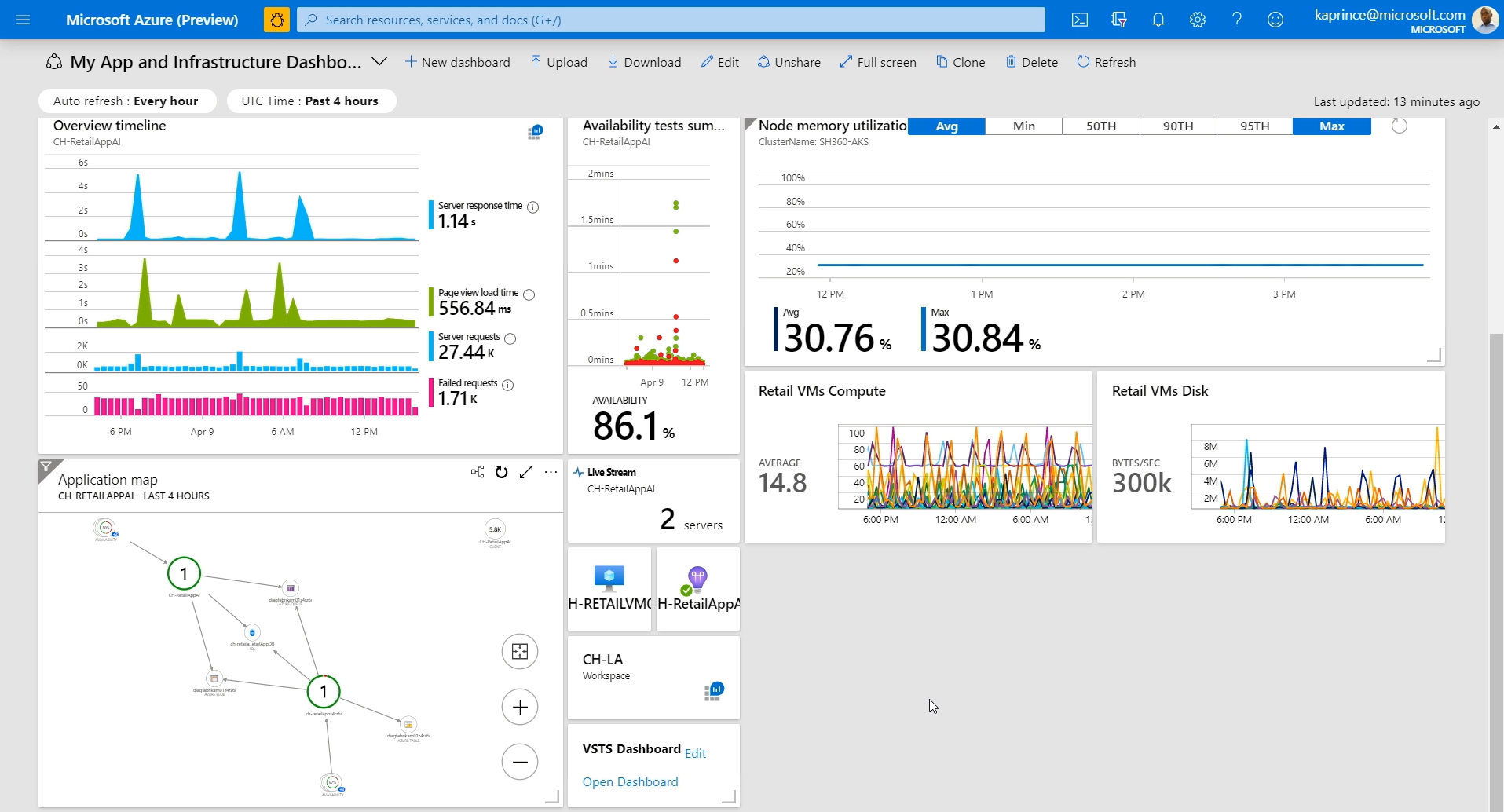Embark on a journey through the evolving landscape of cloud administration in this insightful article.
Introduction to Cloud Administrator Role

As a **Cloud Administrator**, your role involves managing, monitoring, and maintaining a company’s cloud infrastructure to ensure optimal performance and security. This includes implementing security measures, troubleshooting issues, and ensuring scalability to meet the organization’s needs.
You will work closely with **system administrators**, **network engineers**, and other IT professionals to ensure that the cloud environment meets the company’s requirements. Strong communication skills are essential in this role, as you will need to effectively communicate with team members and stakeholders.
To excel as a Cloud Administrator, it is crucial to have a solid understanding of **cloud computing**, **networking**, **virtualization**, and **security**. Obtaining certifications such as those from CompTIA or the Linux Professional Institute can help you demonstrate your expertise in these areas.
By pursuing training in **Linux** and gaining hands-on experience with cloud management platforms like **Amazon Web Services** or **Microsoft Azure**, you can prepare yourself for a successful career in cloud administration.
Education and Training Path
Professionals looking to pursue this career path can also benefit from learning about **cloud management** systems like **Amazon Web Services** and **Microsoft Azure**. Additionally, having knowledge of **communication protocols** and **system administration** is crucial for success in this role.
Many organizations look for candidates with hands-on experience in managing cloud infrastructure and troubleshooting issues. Obtaining certifications such as **CompTIA** Cloud+ or **Linux Professional Institute** can also help in demonstrating proficiency in this field.
Practical Experience and Certification
Obtaining hands-on experience and industry certifications are crucial steps in advancing your career as a Cloud Administrator.
Practical experience working with various cloud computing platforms will give you valuable insights into system administration, network security, and scalability.
Hands-on experience with virtualization, communication protocols, and system architecture will enhance your technical skills and problem-solving abilities.
Seek certifications from reputable organizations such as AWS, Microsoft, or CompTIA to validate your expertise and increase your employment opportunities.
These certifications demonstrate your knowledge and proficiency in cloud computing, data management, and security protocols.
Consider pursuing a degree in computer science or information technology to further enhance your credentials and expand your career options in the technology industry.
Continuing education and staying up-to-date with the latest trends in cloud computing will ensure you remain competitive in the job market.
Building a Portfolio for Cloud Administration
To build a strong **portfolio** for **cloud administration**, consider taking **Linux training** to enhance your skills. Linux is a widely used operating system in cloud environments, making it a valuable asset for cloud administrators.
Understanding **computer networks** and **architectures** is essential for cloud administration. Familiarize yourself with **communication protocols** and **system administration** to effectively manage cloud services.
Learning about **software as a service** (SaaS) and **management information systems** (MIS) will also be beneficial. These are crucial components in cloud computing that cloud administrators need to be proficient in.
Obtaining relevant **certifications** can help validate your expertise in cloud administration. Consider pursuing certifications in **cloud computing security** or **application security** to stand out in the field.
Advanced Learning and Specialization
For those looking to advance their career in cloud administration, specialization is key. Pursuing Linux training can provide the necessary skills and knowledge to excel in this field. Specializing in Linux can open up opportunities for advanced learning and career growth.
By focusing on Linux, individuals can become experts in areas such as computer security, software development, and system administration. This specialized knowledge is highly sought after in the industry, making professionals with Linux expertise valuable assets to any organization.
In addition to honing technical skills, Linux training can also lead to certifications that demonstrate proficiency in specific areas. These credentials can help individuals stand out in a competitive job market and increase their earning potential.
Mentorship and Leadership in Cloud Administration
In the world of **cloud administration**, mentorship and leadership play a crucial role in shaping your career path. Seeking guidance from experienced professionals can provide valuable insights and help you navigate the complex landscape of **cloud computing**.
**Mentorship** can provide you with the necessary skills and knowledge to excel in your role as a **cloud administrator**. Learning from someone who has been in the field for a longer period can help you avoid common pitfalls and accelerate your career growth.
Leadership skills are equally important, as they enable you to effectively manage teams and projects in a **cloud computing environment**. Developing strong leadership qualities can set you apart from your peers and open up new opportunities for advancement.
By investing in mentorship and leadership development, you can position yourself as a valuable asset in the rapidly evolving field of cloud administration. Take the initiative to seek out mentors and opportunities for leadership training to propel your career to new heights.



